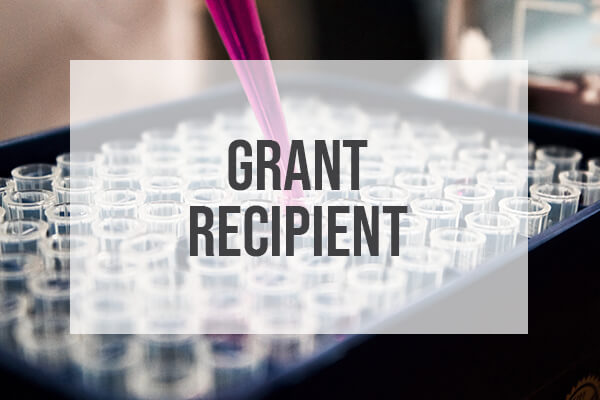Waikato Clinical School, University of Auckland
Abstract:
Introduction:
In New Zealand Prostate Specific Antigen (PSA) testing has increased significantly, 275000 tests are done annually. Controversy exists around PSA testing as part of an unorganised screening program.
Aim:
To look at the use of PSA testing in a sample of general practices and investigate the reasons GPs undertook PSA testing.
Methods:
Five Waikato general practices were investigated looking at PSA laboratory tests of men 40 years and over in 2010. These were compared against GP notes. Testing rates; reasons for testing; histology and referral/s were examined for different age groups. A questionnaire was sent to the GPs to determine their views on PSA testing.
Results:
Men, 40 years and over had a 25% chance of having a PSA test. Of these, 71% were asymptomatic. Of PSA tests done on older men (70+ years), 56% were asymptomatic. Ten percent of all PSA tests were elevated. Twenty one of 23 prostate cancers were identified through PSA testing. Opportunistic testing yielded 4/23 (17%) prostate cancers, the rest (83%) had histories of prostate pathology or LUTS. The questionnaire confirmed GPs belief of PSA screening and some difficulties in educating patients.
Would you like to support the work of the Foundation?
Contact us for more information, or simply make a donation.




